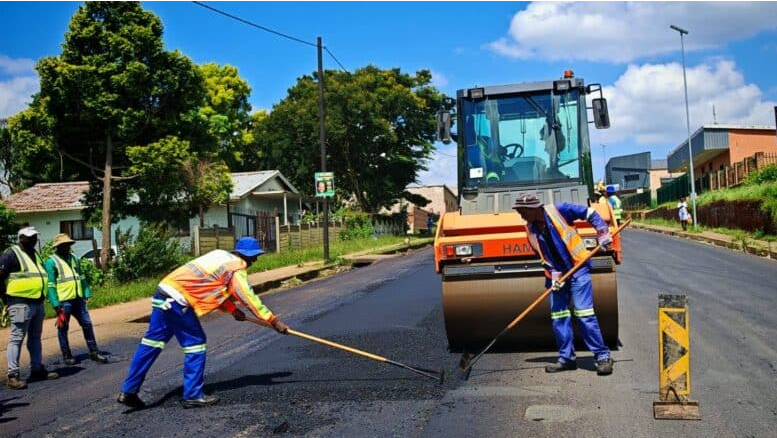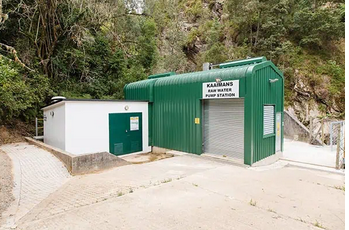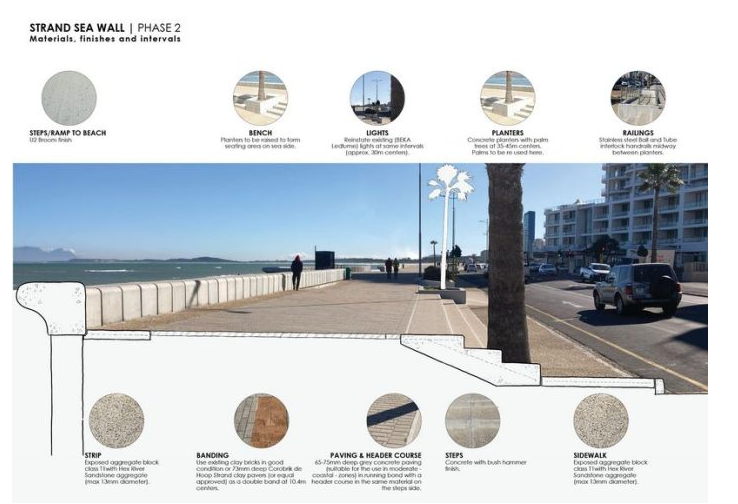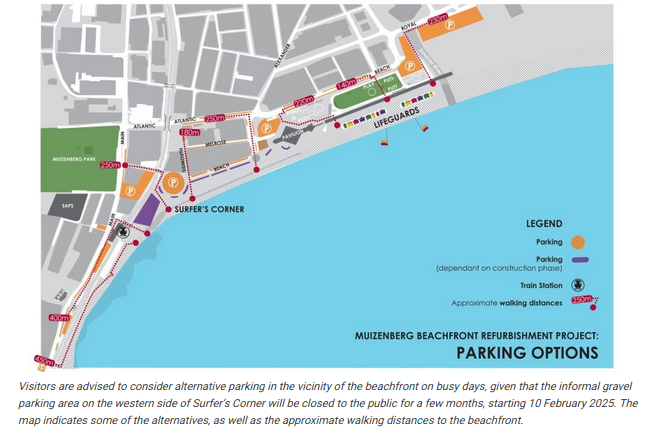Do you have a right to access information on tender decisions?

Advertising
01-03-2021
Read : 1684 times
Taranis
Most bidders are not exercising their right to request information pertaining to decisions made by organs of state in the tendering process.
According to Gerrit Davids, Lead Advisor at tendering agency, TaranisCo Advisory, “Section 217 of the Constitution is very pertinent in its instruction that all tender processes must be “Transparent”, meaning that all “Concerned and connected persons” affected by any decision, has the right to request copies of the recording, reflecting the reasons for making such a decision in the first place.”
Davids says, “Government enacted the Promotion of Access to Information (PAIA) in 2000 and it clearly affords citizens the right to access a copy of a document or recording held by the state and in particular where those decisions, affect them negatively.”
“The PAIA could also be used alongside that of Promotion of Administrative Justice Act of 2000 (PAJA), further confirming a bidder’s right to approach the High Court to force an organ of state to comply with the provisions of both these two Acts.”
In one of the leading Court cases, in the tendering sphere, relating to access to tender information, it was ruled that an aggrieved bidder has the right to request and organ of state, to provide them with copies of documents relating to the minutes of the Bid Committees, reasons for awarding the tender in dispute as well as copies of the evaluation sheets, when it awarded points to the respective bidders.
The Court ruled that the aggrieved bidder also has a right in a legal dispute to request sight of the “Winning Bidder’s” tender document, their Tender Form “Main Contract”; B-BBEE Certificate; “additional particulars of the tenderer”; tax clearance certificate; authority to sign the tender; declaration of interest; site inspection certificate; a “detailed exposition of the points for price awarded to each of the tenders and any other relevant documentation, which was considered by the Bid Committees, when it made its decision, with regard to the tender in dispute.
Davids also reminds people tendering for government contracts, that they have a duty to upskill, not only their knowledge about the existence of these laws, but also as to how to apply it when they are of the view, that their unhappiness to an outcome of a tender, has valid grounds to request all the documents relating to the process.
“Bidders should also not be fooled by government officials, when they use the excuse of “Confidentiality” and the Protection of Personal Information Act (POPI Act), as reasons as to why they can’t allow access to recorded tender decisions”, says Davids
“The PAIA and PAJA laws trump that excuse in that you are requesting information pertaining to the process, which lead to a specific decision and not necessarily that of an individual person relating to a “winning bid”.
Gerrit Davids, Lead Advisor, TaranisCo Advisory CC (Tendering Agency)
Recent News
Here are recent news articles from the Building and Construction Industry.
Have you signed up for your free copy yet?









